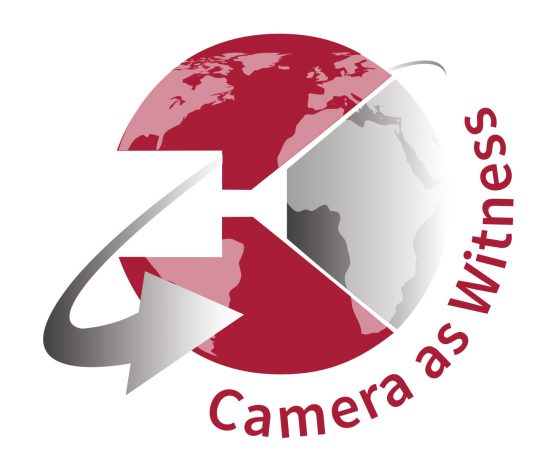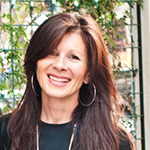
The CAMERA AS WITNESS (CAW) Program was conceived in 2010 to leverage the appeal of visual information and utilize the medium of documentary film as a year-round educational tool about a number of topics and disciplines at Stanford, ranging from international relations to the environment, from energy policy to human rights. From 2017 to 2023, Camera as Witness was hosted by the Office of the Vice President for the Arts.
Through screenings of world-class documentary films, expert panels, and discussions with filmmakers, it provided an innovative and structured student-centric platform for learning and engagement. Throughout the academic year, CAW presented a series of 6-7 film major screenings combined with guests and panels organized with partners across Stanford (Winter, Spring, and Summer - with the Fall quarter activities dedicated to hosting UNAFF, www.unaff.org, a renowned international documentary film festival).
In addition to these events, CAW organized also several smaller screenings and discussions in dorms and graduate residence facilities in coordination with on-campus institutes and centers such as the Bechtel International Center, Freeman Spogli Institute and Stanford Global studies.
Past programs: Camera as Witness
CAW program was founded by
Jasmina Bojic
Lecturer in International Relations
 Jasmina Bojic has been teaching at Stanford since 1991, and has been a lecturer in the Program in International Relations since 1996. Jasmina is also the Director of Stanford's Camera As Witness Program, which she founded in 2010, and Executive Director of the United Nations Association Film Festival (UNAFF), one of the oldest international documentary film festivals in the U.S. that she founded in 1998. In 2000, UNAFF’s mission was broadened to include the UNAFF Traveling Film Festival. She has worked as a journalist for more than thirty years, covering political and cultural events such as the Academy Awards, Cannes, Sundance, Venice, and Tribeca film festivals. She has served on juries at many international film festivals and has extensive connections with filmmakers and the film industry worldwide. She has worked as a producer/director on several documentaries and TV Programs dealing with human rights issues. In 2007, Jasmina received the “Community Treasure Award” from Stanford University President John Hennessy for her contribution in promoting dialogue and education about different cultures and issues. In 2014, the International Council for Film, Television and Audiovisual Communication of UNESCO (ICFT) presented the UNESCO Fellini Medal to Jasmina in recognition of her exceptional contribution in promoting the principles of the Universal Declaration of Human Rights through the art of documentary film.
Jasmina Bojic has been teaching at Stanford since 1991, and has been a lecturer in the Program in International Relations since 1996. Jasmina is also the Director of Stanford's Camera As Witness Program, which she founded in 2010, and Executive Director of the United Nations Association Film Festival (UNAFF), one of the oldest international documentary film festivals in the U.S. that she founded in 1998. In 2000, UNAFF’s mission was broadened to include the UNAFF Traveling Film Festival. She has worked as a journalist for more than thirty years, covering political and cultural events such as the Academy Awards, Cannes, Sundance, Venice, and Tribeca film festivals. She has served on juries at many international film festivals and has extensive connections with filmmakers and the film industry worldwide. She has worked as a producer/director on several documentaries and TV Programs dealing with human rights issues. In 2007, Jasmina received the “Community Treasure Award” from Stanford University President John Hennessy for her contribution in promoting dialogue and education about different cultures and issues. In 2014, the International Council for Film, Television and Audiovisual Communication of UNESCO (ICFT) presented the UNESCO Fellini Medal to Jasmina in recognition of her exceptional contribution in promoting the principles of the Universal Declaration of Human Rights through the art of documentary film.
The CAW program was generously supported by:
Atlantic Philanthropies
Helen and Peter Bing
Judy and George Marcus
Roberta and Steve Denning
Vice Provost for Undergraduate Education
William and Flora Hewlett Foundation
Gloria Principe and John O’Farrell
